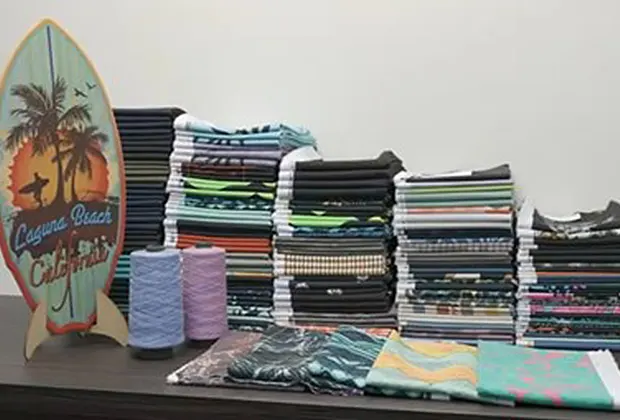OCEAN-BOUNDED FABRIC
TE YI's Commitment to Ocean-Friendly Innovation
Weaving Tomorrow, Protecting Today
At TE YI, we take pride in steering the tide towards a sustainable future. Recognizing the urgent need to address ocean pollution, we have collaborated with environmentally conscious suppliers to offer cutting-edge fabrics that not only embody style but also champion the cause of marine conservation.
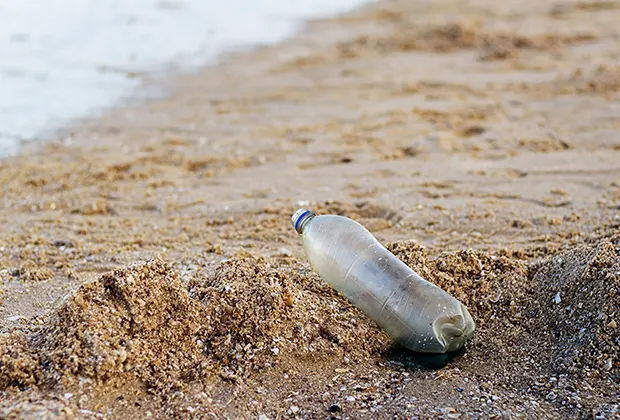
Revolutionizing Fashion with Purpose
Dive in the world of sustainability, our unique material designed to safeguard marine ecology while promoting biodiversity. Crafted from recycled nylon staple fiber extracted from ghost fishing nets, our fabrics emerge as champions in reducing carbon dioxide emissions. By transforming discarded nets into eco-friendly yarns, we not only mitigate pollution but also actively contribute to the well-being of marine life.
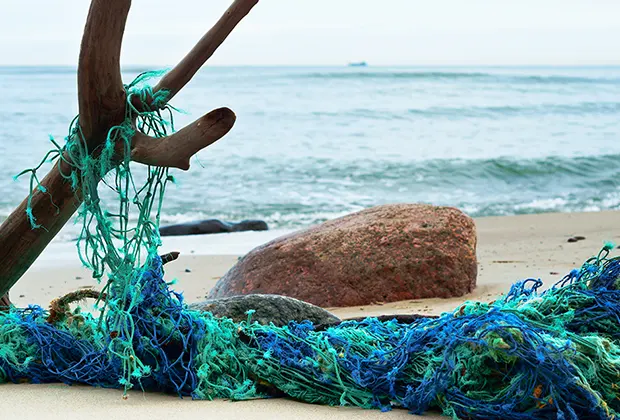
100% Post-Consumer Recycled Nylon Yarn
TE YI has successfully pioneered the development of boardshort beachwear, sport jackets, and daily casual wear using 100% post-consumer recycled nylon yarn. This not only redefines comfort and style but also establishes a paradigm shift towards responsible fashion. Join us on this journey towards a sustainable economy where fashion meets responsibility.
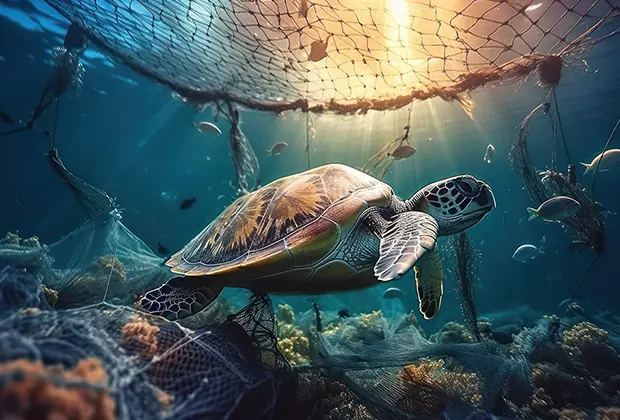
100% Post-Consumer Recycled Polyester Yarn
TE YI proudly introduces a unique blend of recycled polyester yarn that seamlessly combines comfort with elasticity. Our collaboration takes an immersive approach to ocean-focused initiatives, as we embark on a mission to collect plastic bottles from coastlines and transform them into cutting-edge fabrics that establish unparalleled standards in sustainability, water use, and green technology.
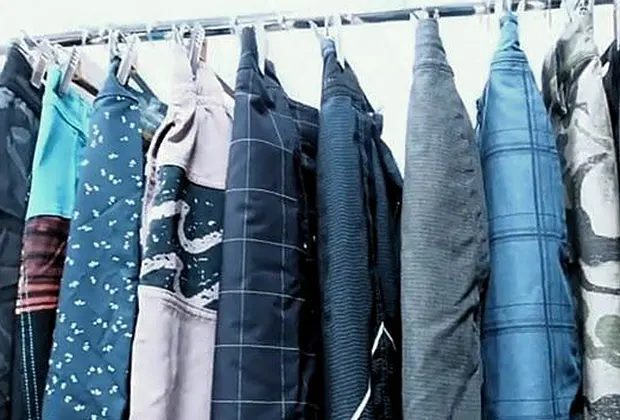
Transforming Bottles into Sustainable Fabrics
At the core of our commitment to environmental responsibility lies our dedication to crafting recycled polyester yarn exclusively from bottles gathered along the shores. This innovative process breathes new life into discarded materials and reinforces our pledge to minimize the environmental impact of textile production.
